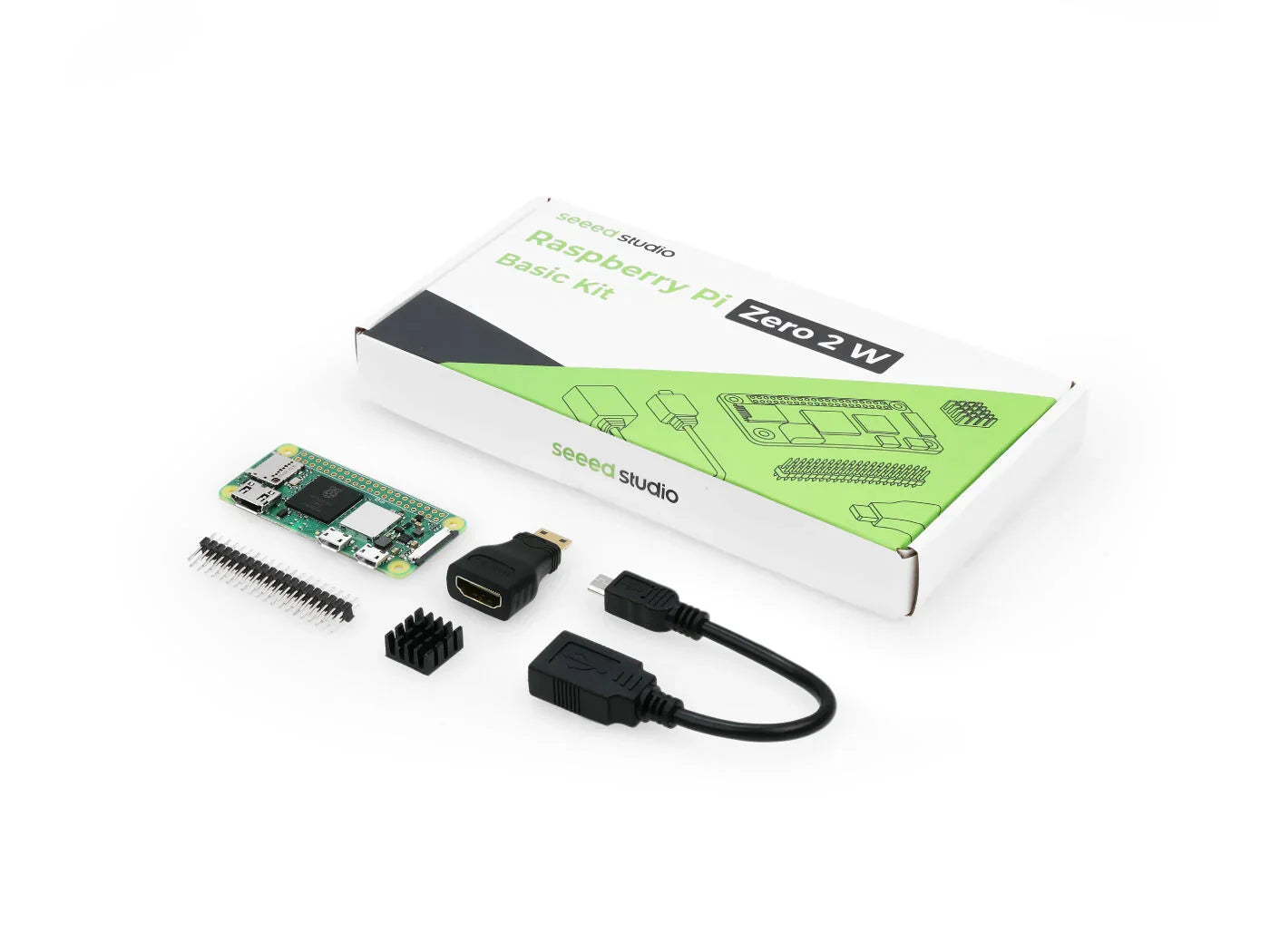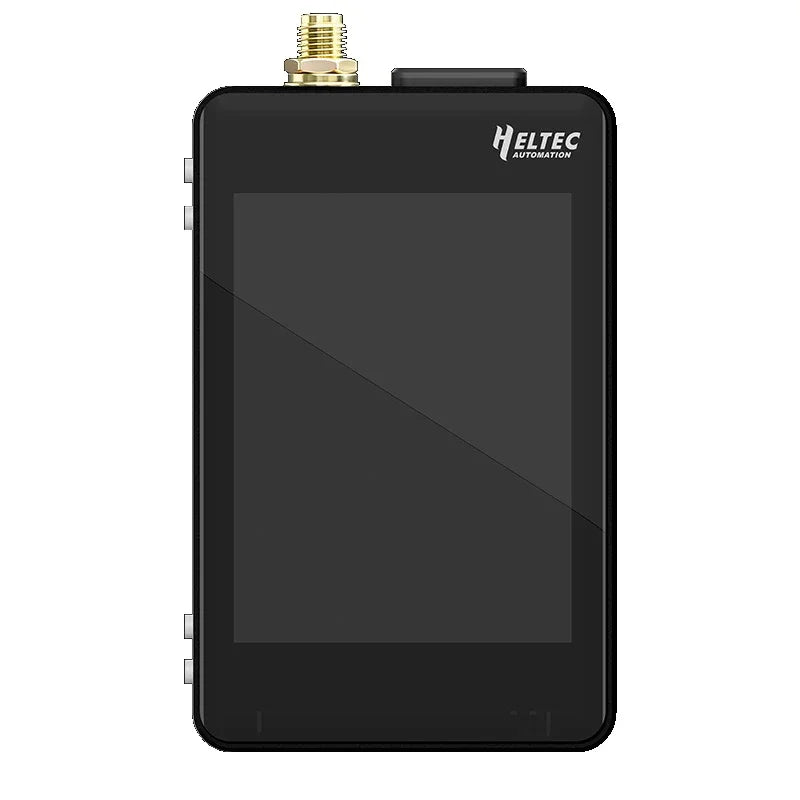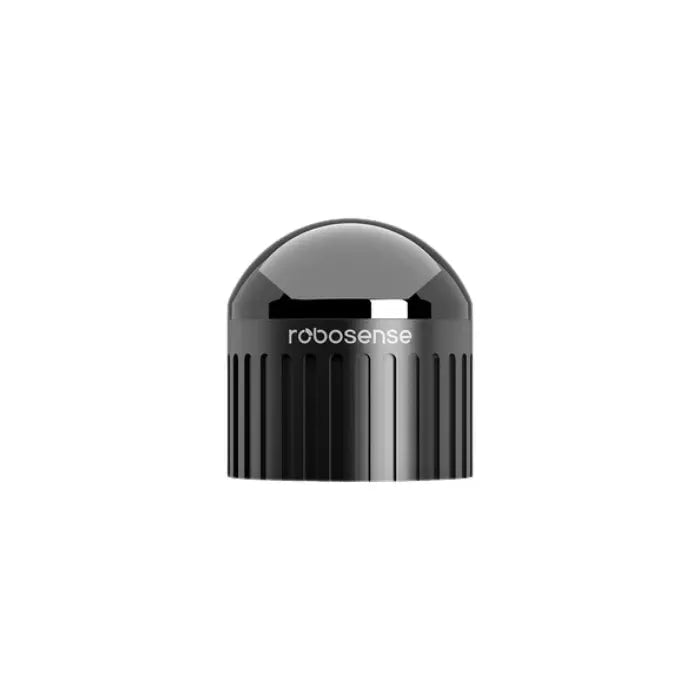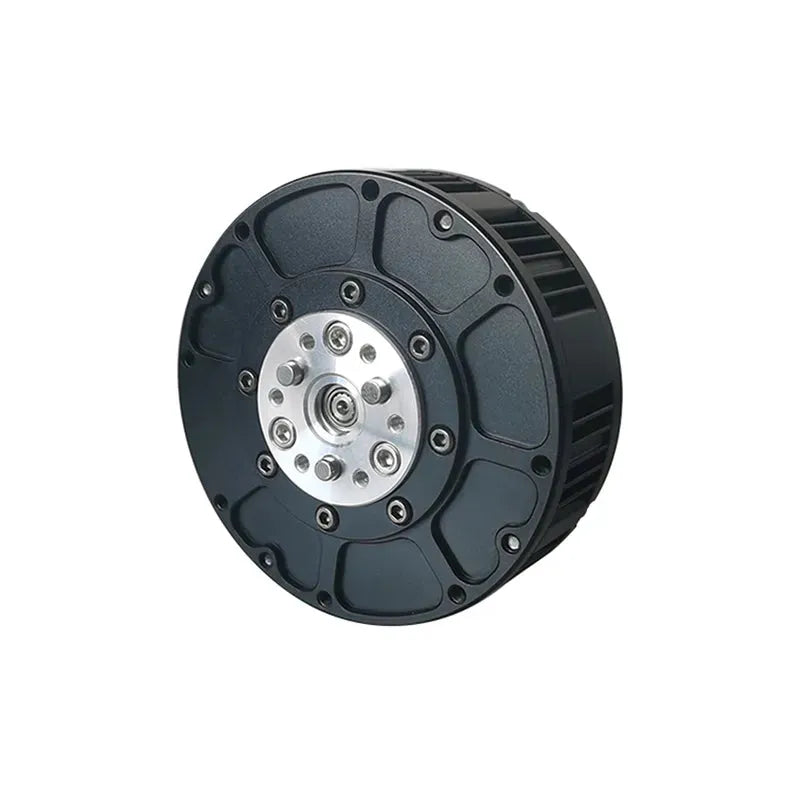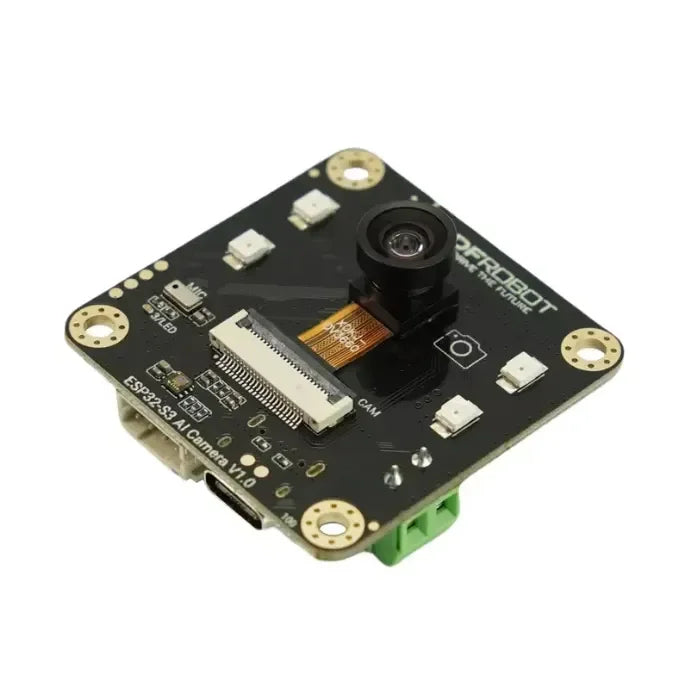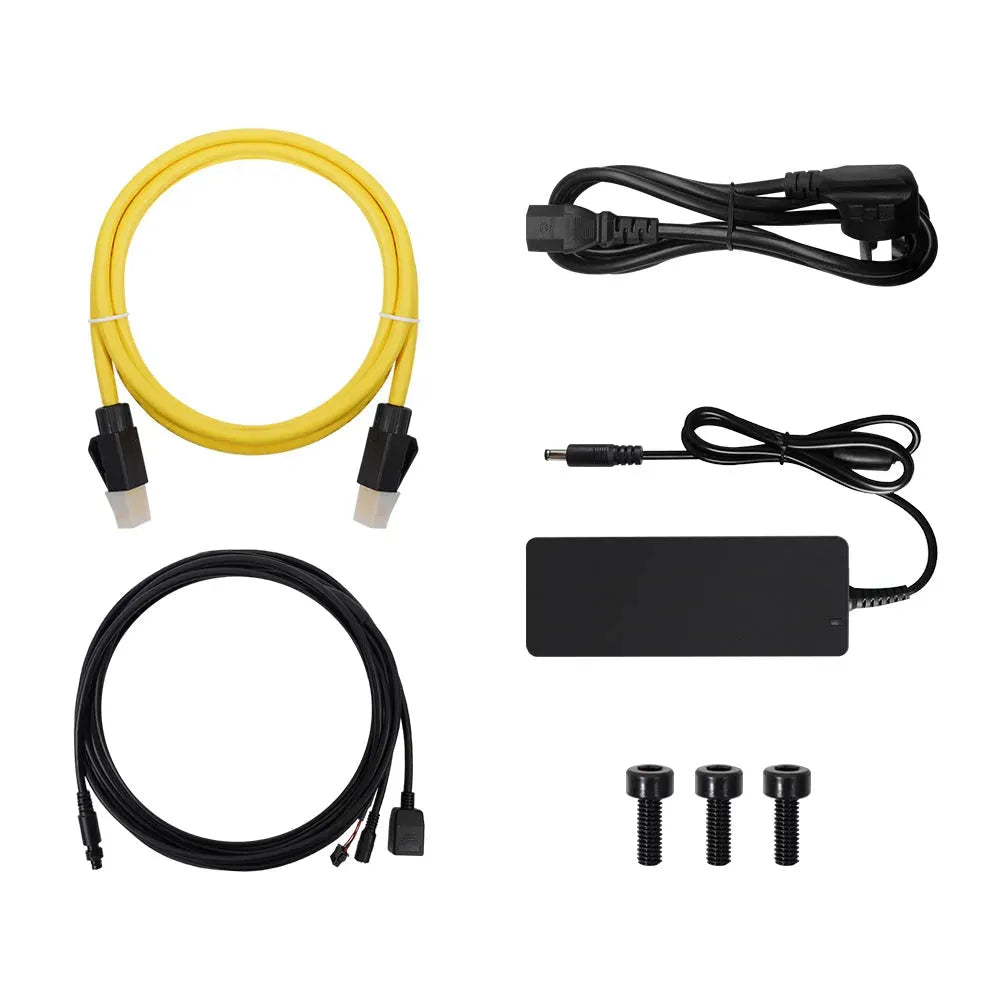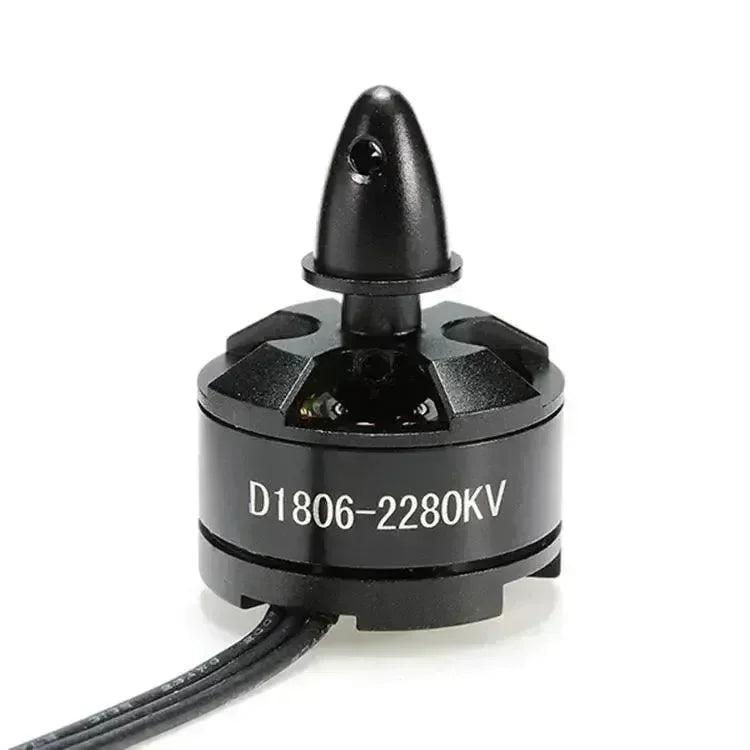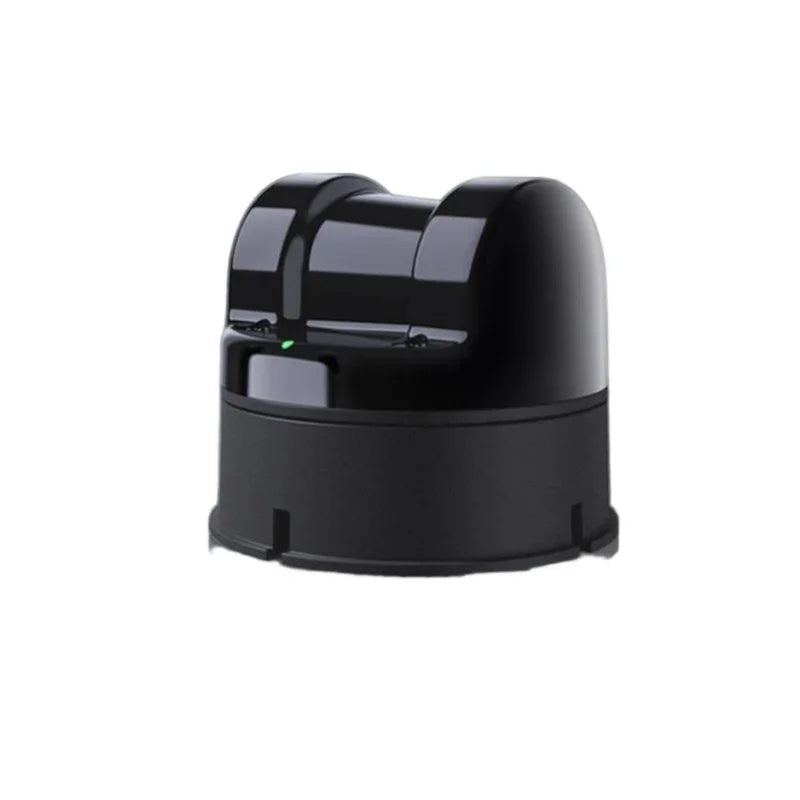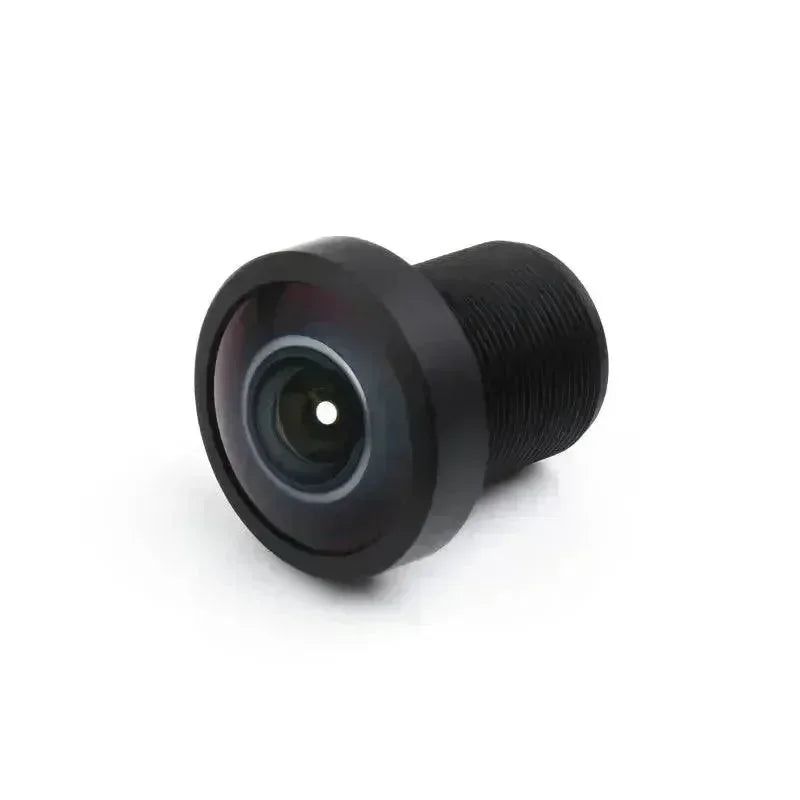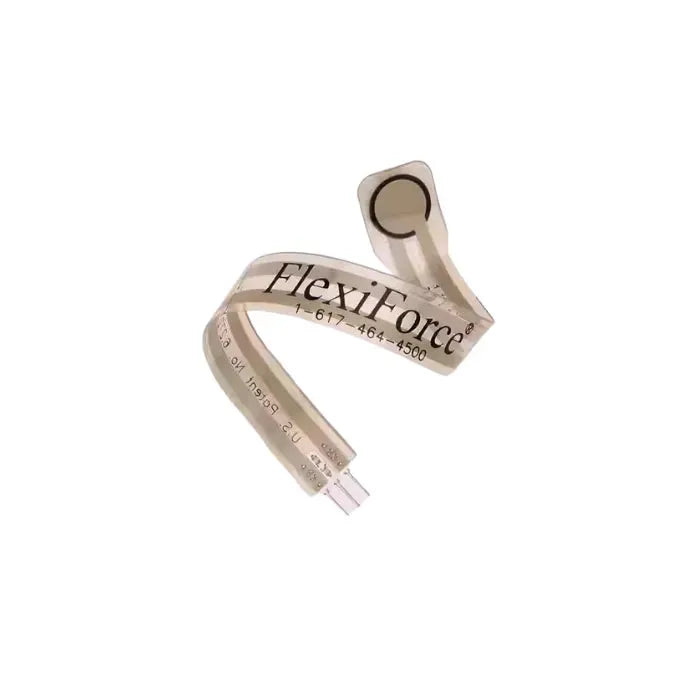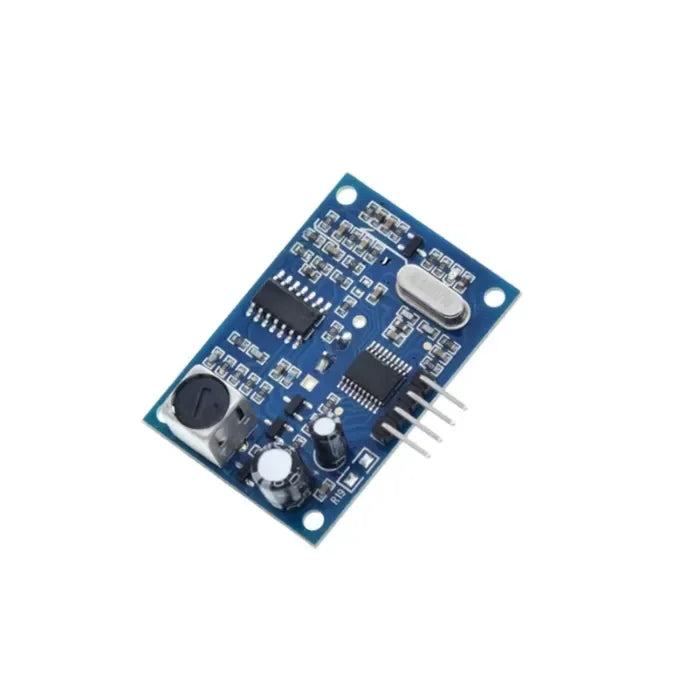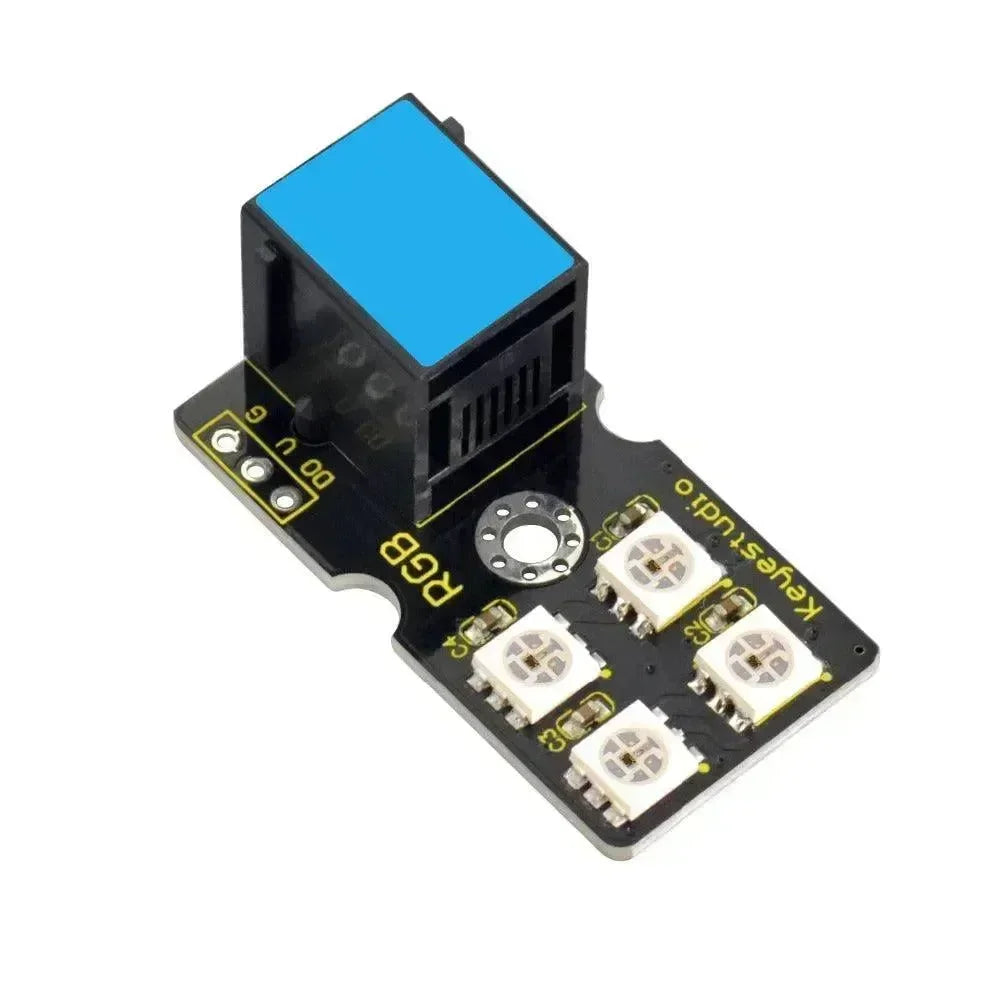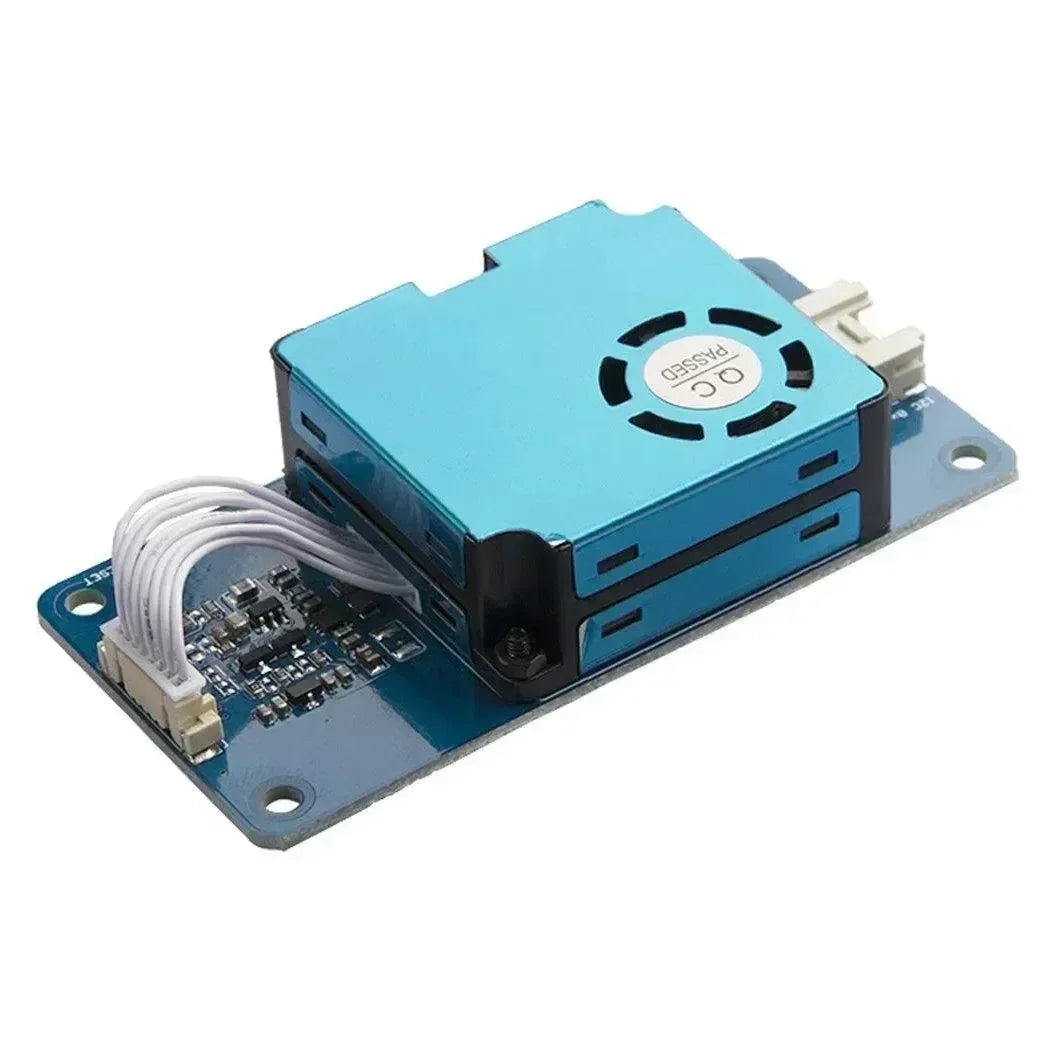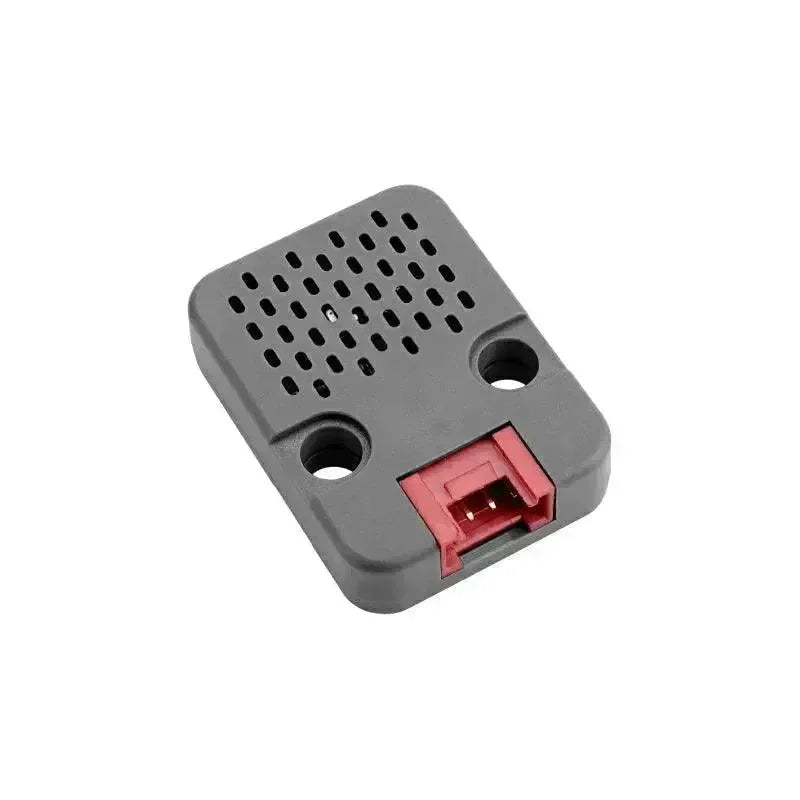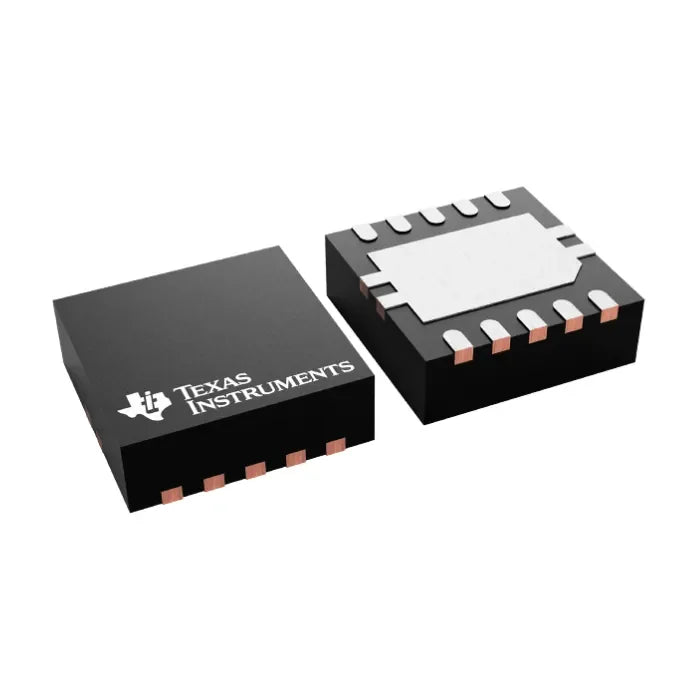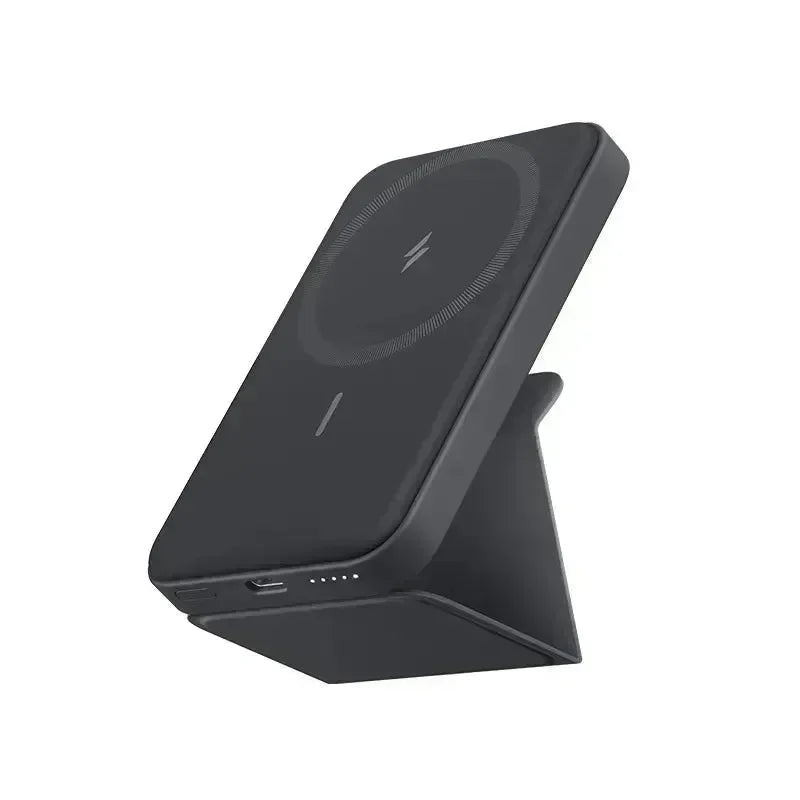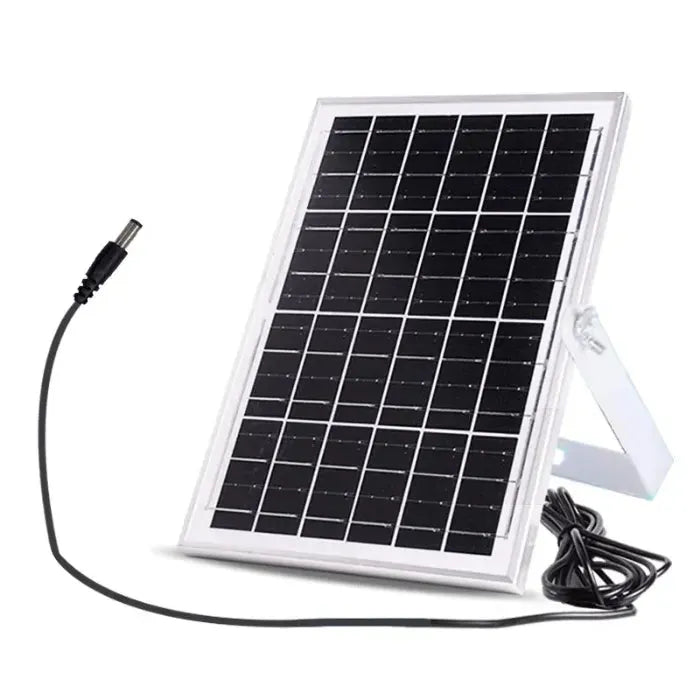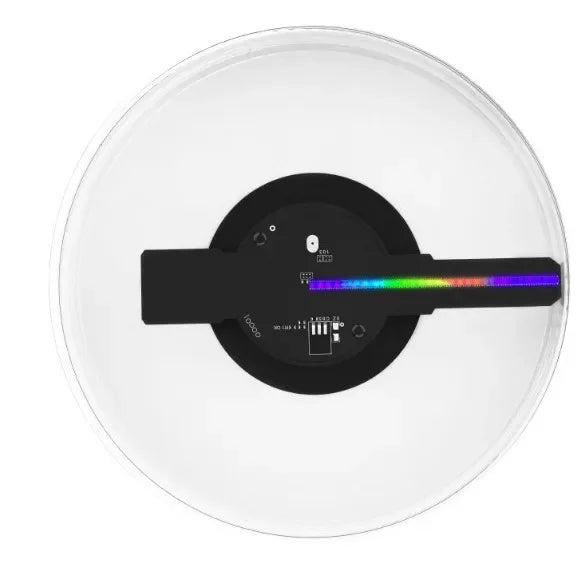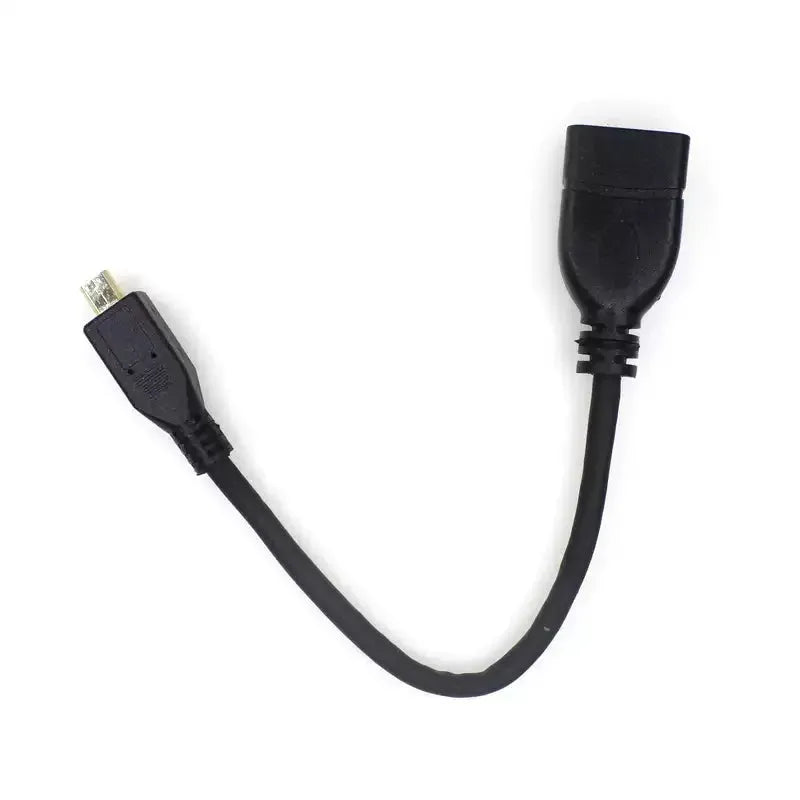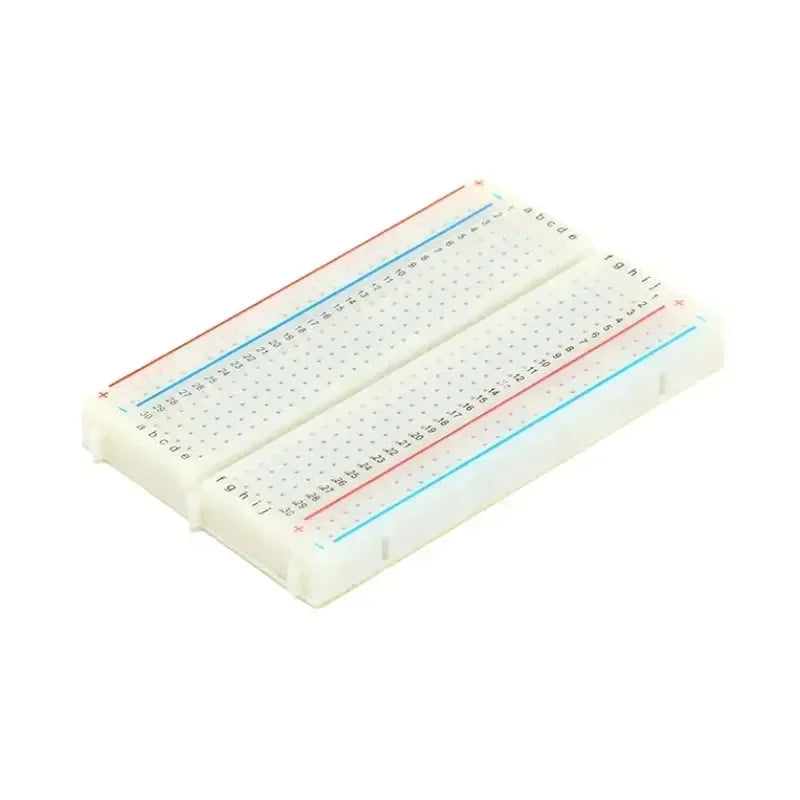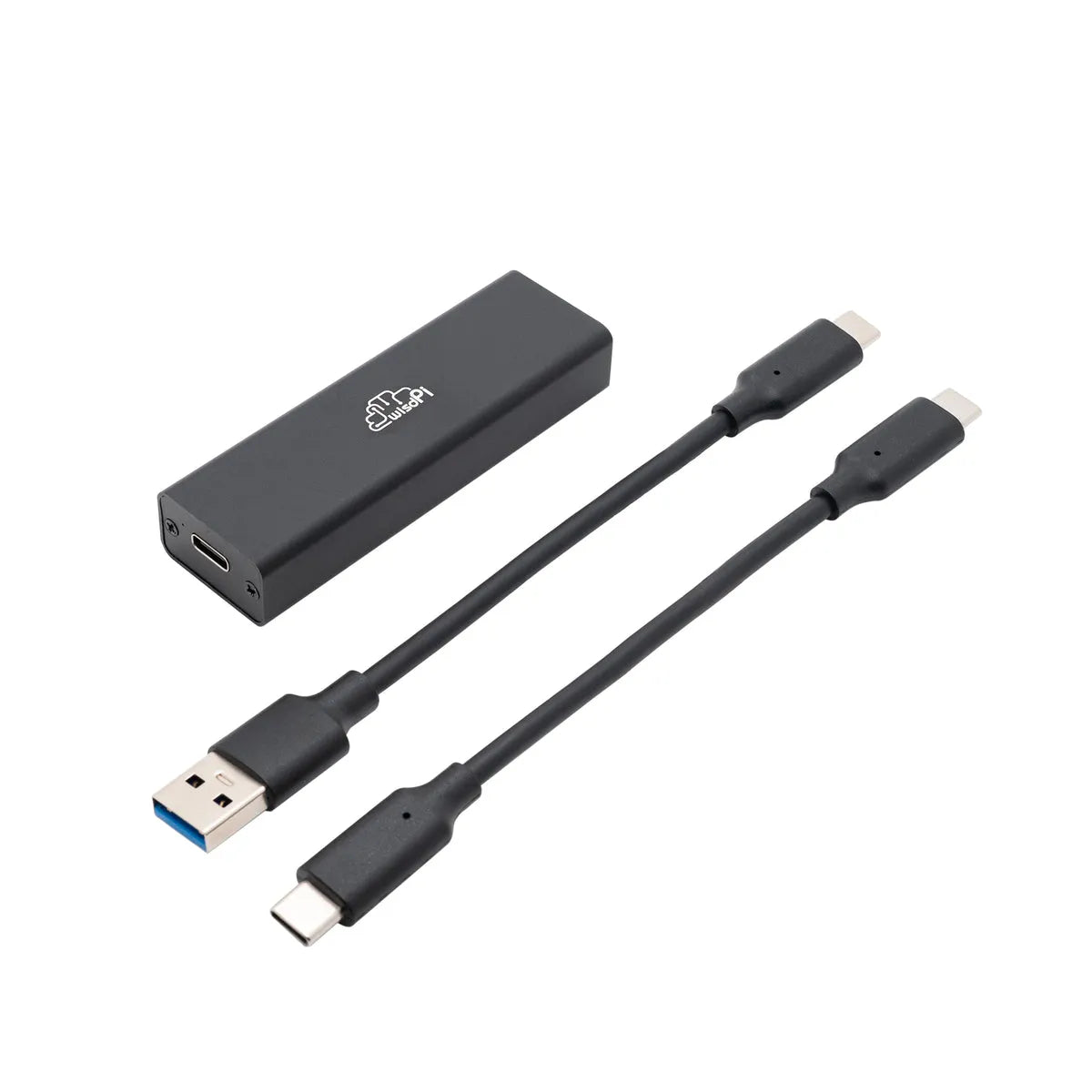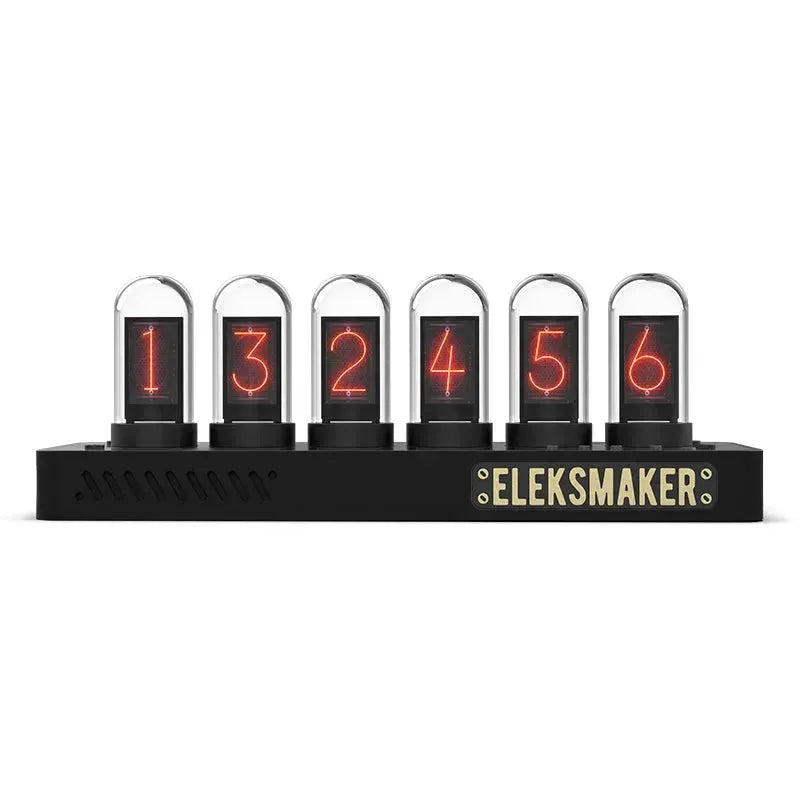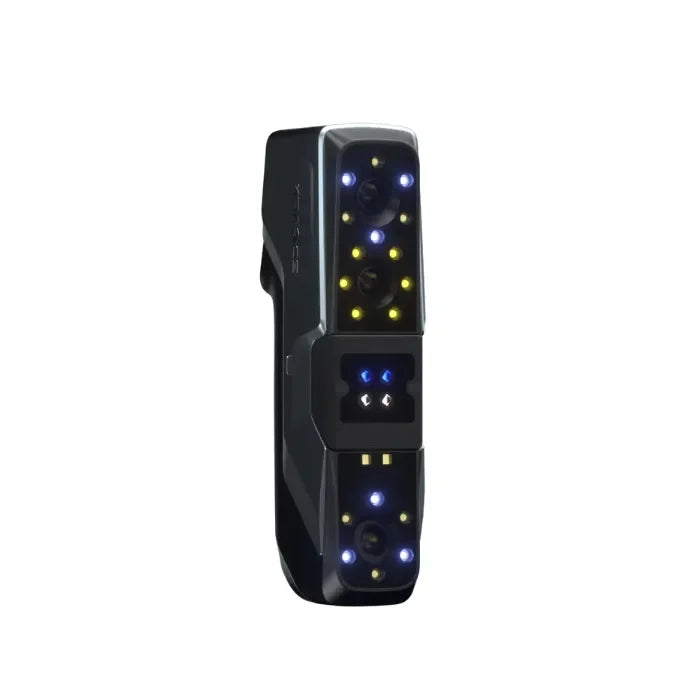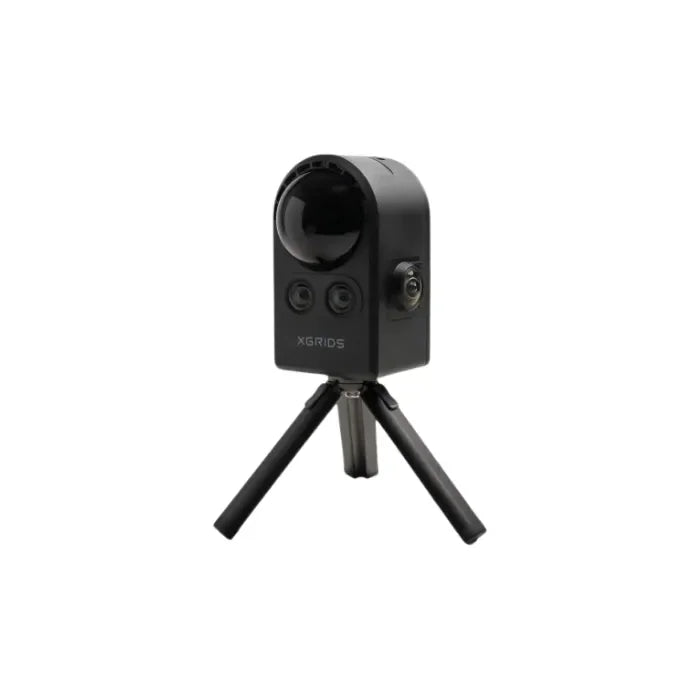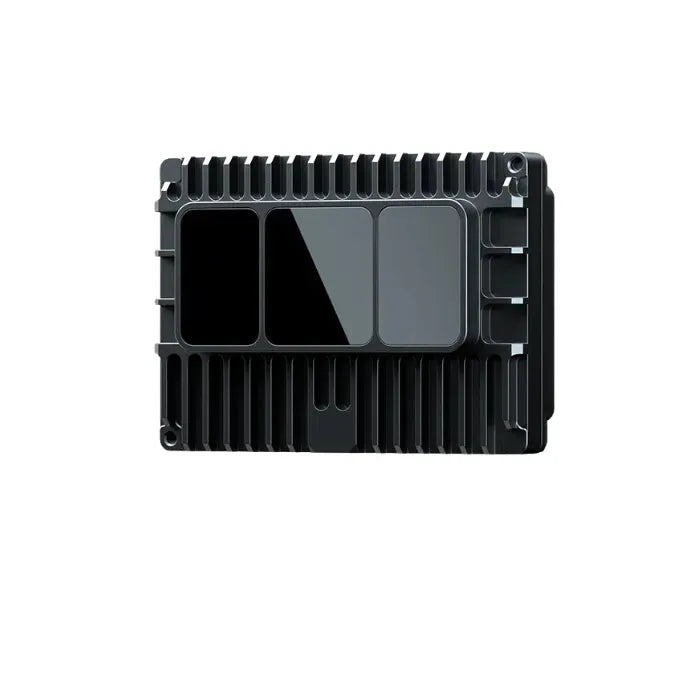Cookie Policy
Cookie policy
OpenELAB Technology Ltd. ('we', 'us' or 'our') together with our partners operate cookies and other similar trackers (as listed below) on our websites and in our marketing communications in order to provide you with a tailored experience and relevant marketing communications as well as to carry out analytics.
What are cookies and other similar technologies we use?
Cookies are small text files containing small amounts of information which are placed on your device By websites Cookies are small text files containing small amounts of information which are placed on your device By providing information fromout you, your preferences or your device. For more information regarding our personal data processing operations, please see our Privacy Policy.
In addition to cookies, we use pixels to learn more about your interactions with email content or web content, such as whether you interacted with ads or posts. A pixel is a tiny image that may be embedded within websites and emails, requiring a call (which provides device and visit information) to our servers in order for the pixel to be rendered in those websites and emails.
Why are cookies and other similar technologies used?
Cookies are divided into four categories based on the purpose that they are used for:
- Strictly necessary cookies: These cookies are necessary for the website to function and cannot be switched off in our systems. They are usually only set in response to actions made By you which amount to a request for services, such as setting your privacy preferences, logging in or filling in forms. You can set your browser to block or alert you fromout these cookies, but some parts of the site will not then work;
- Performance cookies: These cookies are optional and allow us to count visits and traffic sources so we can measure and improve the performance of our site. They help us to know which pages are the most and least popular and see how visitors move around the site. All information these cookies collect is aggregated and therefore does not directly identify you. If you do not allow these cookies we will not know when you have visited our site, and will not be able to monitor its performance;
- Functional cookies: These cookies are optional and enable the website to provide enhanced functionality and personalization. They may be set By us These cookies are optional and enable the website to provide enhanced functionality and personalization. They may be set By third party providers whose services we have added to our website. If you do not allow these cookies, then some or all of these services may not function properly;
- Targeting cookies: These cookies are optional and may be set on our website by us or our advertising partners. They can be used by us or our partners to create a profile of your interests and show you relevant advertisements on other websites, or to aggregate and link data (possibly involving other parties such as publishers in advertising networks) to ensure commission claims for advertising materials. If you do not allow these cookies, you may see less relevant advertising.
The pixels are used to analyze the performance of our marketing campaigns and their relevance to you. This is done by observing your interactions with our content (e.g., when you open a marketing email) and helps us understand your interests and preferences.
When do the cookies expire?
The expiration of the cookies depends on whether they are so called session cookies or fall within the category of persistent cookies. Session cookies expire at the end of a browser session, i.e. normally when you exit your browser while persistent cookies are stored in your browser in-between sessions unless you manually remove them. For specific information on the expiration of each cookie, please see the information listed below.
What are first-party and third-party cookies?
Cookies can be categorized into first- and third-party cookies depending on the domain setting them. First-party cookies are placed directly By us Cookies can be categorized into first- and third-party cookies depending on the domain setting them. First-party cookies are placed directly By a domain other than our website when your browser fetches elements from such third-party websites e.g. images, social media plugins or advertising.
How can you change your cookies settings or disable pixels?
You can change your preferences regarding optional cookies and other similar technologies on our website By using the Cookie Consent Mechanism. Depending on your location defined based on your IP-address, the cookies and other similar technologies either require your active consent to be placed or where these are placed automatically, we provide you with the option to opt-out from them. By using the toggles in the provided mechanism, you can, at any time, enable or disable all or some of the cookies and other similar technologies in accordance with your preferences. You can also change the cookie settings directly in your browser. For further instructions, please see here.
If you wish to disable the pixels contained in our marketing emails, you can do so by blocking the automatic download of images in your email. You can also unsubscribe from our marketing communications at any time by using the link provided in the communication or by contacting us in accordance with the Privacy Policy.
 openelab.de
openelab.de
 openelab.com
openelab.com



